Greetings dramatards 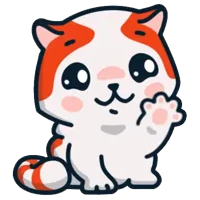
A Country in Turmoil
It's time for the part 2 of our story. Taking from last post, Salvador Allende is the President of Chile and in 1971 the Unidad Popular got big wins on the municipal elections (getting 49% of the popular vote), however because Allende and the commies activated the money printer  inflation skyrocketed in Chile leading to a stronger opposition.
inflation skyrocketed in Chile leading to a stronger opposition.
As mentioned in the other post, General Viaux along members of the right-wing paramilitary group "Patria y Libertad" and CIA glowies assassinated the commander of the army, General René Schneider.
The so-called "Schneider Doctrine" was a non-intervention principle by which the Armed Forces were to remain loyal to the constitutional order. The Chilean Armed Forces are composed by 3 branches, the army 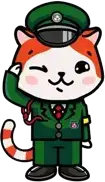 , the navy
, the navy 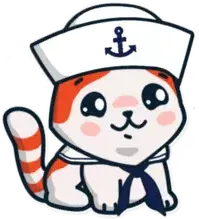 , and the Air Force
, and the Air Force 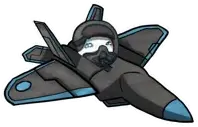 . Then you have the "Carabineros de Chile", the carabineros are the National Police but they're highly militarized and more akin to the French "Gendarmerie"
. Then you have the "Carabineros de Chile", the carabineros are the National Police but they're highly militarized and more akin to the French "Gendarmerie"
After taking office in 1970, Allende appointed General Carlos Prats as the new head of the army.
General Prats was a fierce adept of the Schneider Doctrince.
In terms of the economy the currency reserves of Chile went from 394 million dollars in 1970 to 163 million dollars in 1971. In terms of trade the balance went from a surplus of 95 million dollars to a deficit of 90 million dollars after an abrupt fall in copper prices (Chile's main export abroad).
The raising of wages along the freezing of prices led to shortages of good, and by 1971 a black market had risen.
By 1973 the amount of money circulating rose from 173% in 1972 to 413%. Inflation went from 225% in 1972 and reached 606% in 1973. On the streets violent clashes occurred between sympathizers of Allende and the Unidad Popular and right-wingers/other members of the opposition.
The government blamed shortages on sabotaging by enemies of the people, however even unions engaged and benefited from the black market activities. They would oftentimes charge their remunerations in goods so they could trade them in the black market. Very wholesome and stable government 
By 1972 the government created the "Junta de Abastecimientos y Precios", which were local "people's" committees to deliver basic food goods and combat the shortages.
A pic from the breadlines 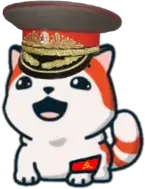
On October 9th 1972 the National Confederacy of Trucker's Owners went on a strike along with other trucker's associations. They had the backing of newspapers like "El Mercurio" (known conservative newspaper) and our glowie friends 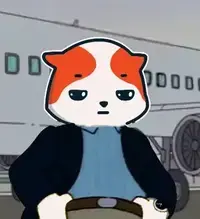
On October 10th the government responded by arresting the truckers leaders, by October 12th the truckers responded by blocking the main roads of the country which led Allende to declare a National Emergency. By October 13th some 300 people had been arrested all over the country. In the following days other organizations joined the strike, among them the Confederation of Commerce and Production, the Confederation of Small Industry, the Association of minibuses drivers, the association of taxi drivers. By October 17th they were joined by the Medical Association of Chile (basically all doctors), the Federation of High School students of Santiago and all the Lawyers, engineers, and dentistry organizations. Then port workers, pilots, teachers, by October 18th the country was completely paralyzed.
The associations formed the "National Command" and published their demands on "El Mercurio", they asked for the end of nationalizations, end of expropriations, restitution of expropriated property, end of radio censorship and limiting the President's powers. The strike peaked on October 24th, a day known as "Día del Silêncio",
During the strike, 2 truckers, one soldier and a worker are killed.
The strike ended on November 5th after Allende appointed members of the Armed Forces to cabinet. Carlos Prats took over as Minister of the Interior, Rear Admiral Ismael Huerta as Minister of Public Works and General Sepúlveda as Minister of Mining. This cabinet lasted up to the midterm elections of march 1973 where the Unidad Popular got 44% of the votes vs 55% of the Confederacy for Democracy (all opposition parties ranging from the PDC to rightoids together).
By 1973 Allende tried to re-aproach the PDC, however Eduardo Frei Montalva and Patricio Aylwin demanded military ministers which would have left the UP out of too many ministries.
By April 17th 1973 a miners strike began at "El Teniente" triggering street violence and lasting for 74 days. By 1973 over 100 people had been killed because of political violence. There was a risk of Civil War by then. Meanwhile the Coup d'Etat was already being planned by the high command of the Chilean Navy.
On June 27th 1973, General Prats was being driven through an intersection in the fancy neighborhood of "Las Condes" in Santiago when his car was approached by a red Renault. The people inside the car begin to insult Prats who was paranoid about what happened to Schneider 3 years earlier. So Prats took his gun and told them to stop, they didn't so Prats opened the window and shot the Renault 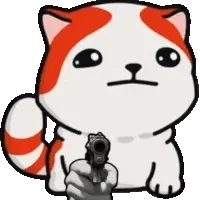 . Both cars stopped and the driver was a woman accompanied by her young nephew, a crowd then surrounded Prats, he apologized and everyone begin to insult him and threaten him. They proceeded to break his car apart and flatten his tires, a taxi driver passed by took Prats away, told him to get in or he would be lynched. On that same day Prats went to Allende's office and presented his resignation. On June 29th however a coup attempt happened when Lt. Colonel Roberto Souper rebelled along his regiment. The attempt known as "Tanquetazo" was quelled by Prats himself. 22 people died.
. Both cars stopped and the driver was a woman accompanied by her young nephew, a crowd then surrounded Prats, he apologized and everyone begin to insult him and threaten him. They proceeded to break his car apart and flatten his tires, a taxi driver passed by took Prats away, told him to get in or he would be lynched. On that same day Prats went to Allende's office and presented his resignation. On June 29th however a coup attempt happened when Lt. Colonel Roberto Souper rebelled along his regiment. The attempt known as "Tanquetazo" was quelled by Prats himself. 22 people died.
By mid 1973 the Soviet Union was supposed to send weapons to Chile as part of an agreement with Allende, however they decided not too as they could see the writing on the wall, Allende wasn't going to make it so the Russians didn't want to risk arming rightoids.
On the Other front there was an institutional crisis going on. The mayors of the Unidad Popular along the central government were carrying out nationalizations and expropriations based on laws passed by a failed socialist regime in Chile which lasted for a few months in 1932.
By 1972 the courts were ruling against the expropriation as unlawful and unconstitutional. Between January and May 1973 the Supreme Court passed a number of resolutions asking the government to comply with the laws and abide by the courts instead of ignoring them, citing a constitutional breakdown.
presenting to the President for "the umpteenth time the illegal attitude of the administrative authority in the illicit interference in judicial matters
The government goons replied with a campaign calling judges "viejos de mierda" (old shits).
Prats took over as Minister of Defense on August 9th. On August 21st in front of Prats house a crowd of angry military wives gathered to protest. On that afternoon Allende along his ministers and Prats second in command, General Augusto Pinochet, arrive in place to show their support. The crowd proceeds to boo them all. By August 23rd Prats resigns. He recommends Allende to appoint Augusto Pinochet Ugarte, a longtime apolitical officer with no affiliations, as new head of the army.
On August 22nd the Chamber of Deputies of Chile passed a resolution of the Institutional and Legal Breakdown of Chile. This resolution accused the government of totalitarian practices, ignoring the courts and attempting against basic liberties. They called upon the Armed Forces to act. The Medical Association also signed a letter demanding Allende's resignation.
In the Navy almost everyone in the upper echelons was part of the coup's conspiracy. A similar phenomenon in the Air Force except for General César Ruíz, the head of the branch. However after Allende appointed him as Minister of Public Works and Transportation, General Gustavo Leigh, a plottist, became the new head of the Air Force. In the Carabineros (Police) General César Mendoza was part of the conspiracy. The wild card was Pinochet.
In September 7th Admiral Merino sent a letter to Leigh and Pinochet asking them to dispose their forces on September 11th at 6:00am in Valparaíso.
Augusto Pinochet
Augusto Pinochet was born on November 25, 1915, in Valparaíso, Chile, to Augusto Pinochet Vera and Avelina Ugarte Martínez. He grew up in a middle-class family in a port city that was then a cultural and commercial hub. Pinochet was the eldest of six children and was raised in a devout Catholic household, which instilled in him a sense of discipline and hierarchy that would shape his later military career.
In 1933, Pinochet enrolled at the Chilean Military School, where he demonstrated a strong sense of ambition but was not particularly distinguished academically. After graduating in 1937 as a second lieutenant, he began a slow ascent through the ranks of the Chilean Army. Over the years, he developed a reputation as a competent and methodical officer, although he remained relatively unknown outside military circles.
During the 1940s and 1950s, Pinochet served in various units across Chile, gaining experience in different terrains and military operations. He married Lucía Hiriart Rodríguez in 1943, and the couple would go on to have five children. His family life was characterized by Lucía's strong influence on his personal and political decisions.
Pinochet's career advanced during the 1960s, a time when Chile was undergoing significant political and social changes. He continued his education by attending the War Academy, where he specialized in military strategy and geopolitics. By the mid-1960s, Pinochet had become a professor at the academy, known for his lectures on counterinsurgency, reflecting the military's growing focus on internal security during the Cold War. His academic contributions included a strong emphasis on maintaining order and combating Marxist ideologies, which were gaining traction in Chile and across Latin America.
In 1968, Pinochet was promoted to brigadier general, a significant milestone in his career. He was posted to various key roles, including commanding units in Chile's north and south. His administrative skills and ability to maintain strict discipline earned him recognition among his peers, though he remained apolitical, rarely voicing opinions on the country's political turmoil.
At this point in 1973, Pinochet's public image remained that of a quiet, professional soldier. Few suspected that within weeks, he would become the leader of a coup that would overthrow Allende's government and mark the beginning of his nearly 17-year rule as the head of a military dictatorship.
THE COUP
Pinochet took 2 days until he replied to Merino that he was in. There's some irony on this famous tyrant becoming a dictator by chance, he wasn't even part of the conspiracy up until a few days before as they didn't know if he could be trusted. On September 9th Allende announced a plebiscite to solve the institutional crisis, but it was pretty much too late.
On September 10th Pinochet sent his family away to the South near the border with Argentina, in case they needed to escape.
In the early hours of September 11, 1973, military units began mobilizing across Chile. Communication networks and transportation hubs were placed under surveillance or neutralized. Key military figures, including Pinochet and Merino, coordinated from secure locations, ensuring that their forces were synchronized. The coup's success depended on swift control of Santiago, the nation's capital, where La Moneda Palace, the seat of government, symbolized Allende's authority.
At approximately 6:00 a.m., the coup began in earnest. Army units in Santiago and other cities occupied key military installations, broadcast stations, and transportation hubs. The Navy took control of Valparaíso, Chile's main port city, ensuring that reinforcements or communications from outside the country could not interfere. This action effectively isolated Chile diplomatically and physically.
One of the earliest moves was the seizure of radio and television stations, which were critical for controlling the narrative. Military forces occupied Radio Agricultura and other major broadcasters, replacing regular programming with martial music and announcements. At 7:00 a.m., a public declaration by the military junta was broadcast, announcing their intent to "restore order" and accusing Allende of undermining democracy. This marked the first public acknowledgment of the coup and was designed to disorient Allende's supporters.
Simultaneously, troops began moving toward critical infrastructure in Santiago, including airports, bridges, and major roadways. By 8:00 a.m., the military had effectively paralyzed the city, cutting off avenues for resistance or escape. These early operations ensured that opposition forces were unable to mobilize effectively, granting the coup leaders uncontested control over Santiago's strategic points.
La Moneda Palace became the focal point of the coup as Salvador Allende and his closest aides barricaded themselves inside. By 7:30 a.m., Allende had arrived at the palace, determined to resist the military's demands for his resignation. Armed with a small contingent of loyal security personnel and a few supporters, Allende rejected offers of safe passage out of the country, declaring that he would defend his presidency to the end.
The military issued an ultimatum to Allende at approximately 8:30 a.m., demanding that he surrender unconditionally. Allende refused, famously addressing the nation via Radio Magallanes around 9:10 a.m., in what would become his final speech. In his broadcast, Allende reaffirmed his commitment to the Chilean people, denouncing the coup as a betrayal of democracy and a tool of foreign imperialism.
By mid-morning, tanks and infantry units surrounded La Moneda, cutting off all access to and from the palace. Snipers were positioned on rooftops, while artillery was prepared to breach the building's defenses. The Air Force contributed by deploying fighter jets, a decisive move that underscored the junta's overwhelming firepower.
At 11:00 a.m., after another ultimatum was ignored, the military began bombarding La Moneda with heavy artillery. Hawker Hunter fighter jets strafed the palace, delivering precision strikes that caused significant damage. The psychological effect of the airstrikes was immense, as the explosions reverberated across the city, signaling the coup's seriousness and ruthlessness.
The Fall of La Moneda
By noon, La Moneda was engulfed in smoke and flames. The small contingent inside, including Allende, was running out of ammunition and options. The military intensified its assault, with ground forces breaching the palace's lower levels. Despite the hopeless situation, Allende refused to surrender. Around 1:30 p.m., with the palace in ruins and his presidency effectively over, Allende reportedly took his own life with an AK-47 rifle gifted to him by Fidel Castro.
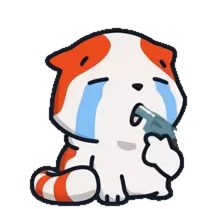
The military secured La Moneda shortly after 2:00 p.m., raising the junta's flag over the smoldering ruins. Troops conducted a sweep of the building, detaining any survivors and seizing documents. The junta immediately announced that Allende was dead, framing his death as a suicide to delegitimize any potential martyrdom or rallying cry for resistance.
While the siege of La Moneda dominated the events in Santiago, the military worked to consolidate power across the country. In major cities like Valparaíso, Concepción, and Antostragasta, military units detained leftist political leaders, trade unionists, and suspected supporters of Allende's Popular Unity coalition. By the afternoon, stadiums, schools, and other large facilities were repurposed as detention centers, where thousands of individuals were interrogated, tortured, or executed.
The military junta issued decrees banning political parties, unions, and public assemblies. A curfew was declared, and military patrols roamed the streets, enforcing martial law. The use of propaganda continued, with radio broadcasts proclaiming the success of the coup and the beginning of a "new era" for Chile. By the end of the afternoon, resistance had been effectively crushed, and the junta was in full control of the country.
The new Junta de Gobierno was composed by Augusto Pinochet, Gustavo Leigh, Tobías Merino, and César Mendoza. With Congress closed now they ruled Chile becoming effectively the executive and legislative power.
So begins the Dictatorship




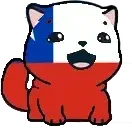
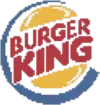
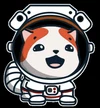
.webp?h=10)
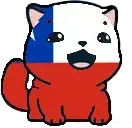
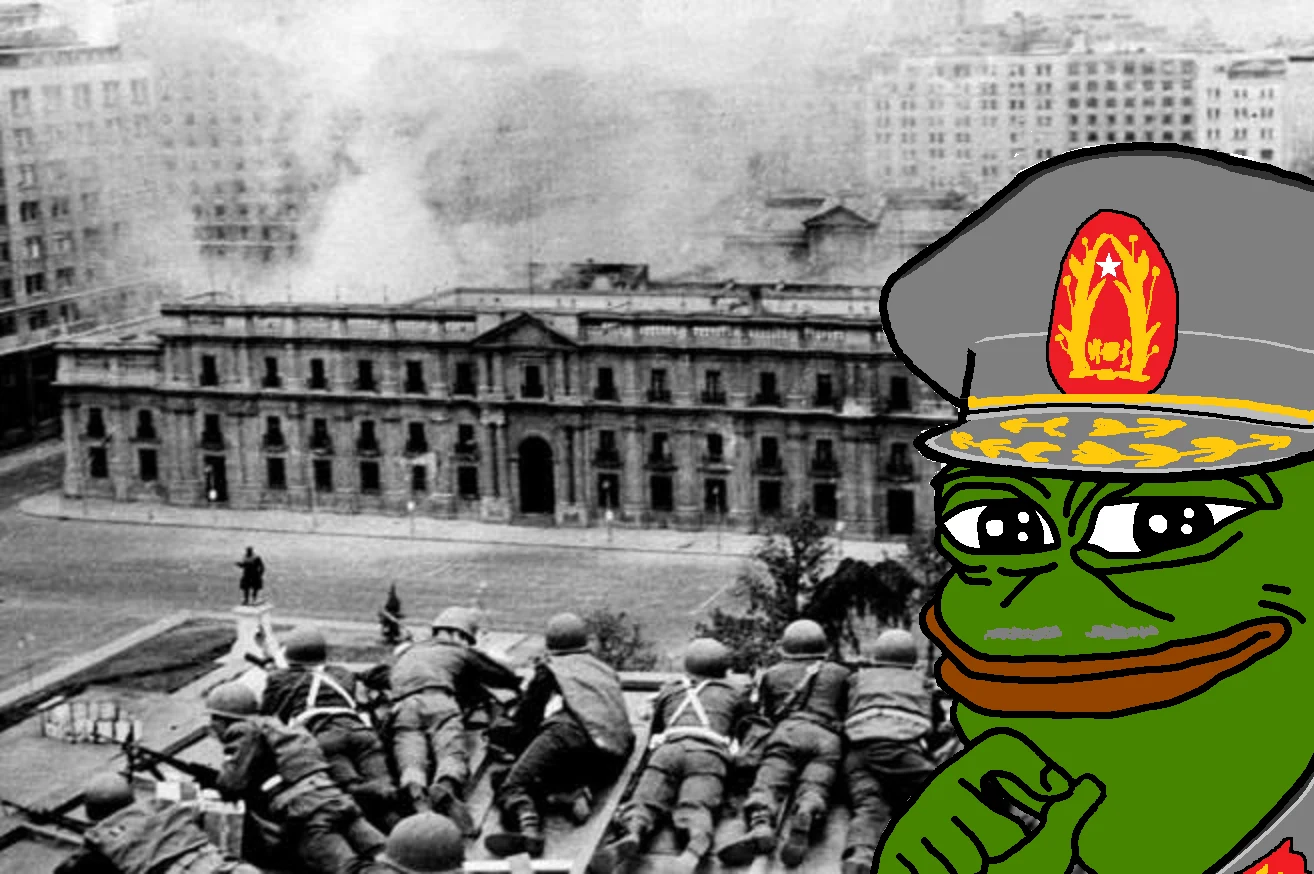
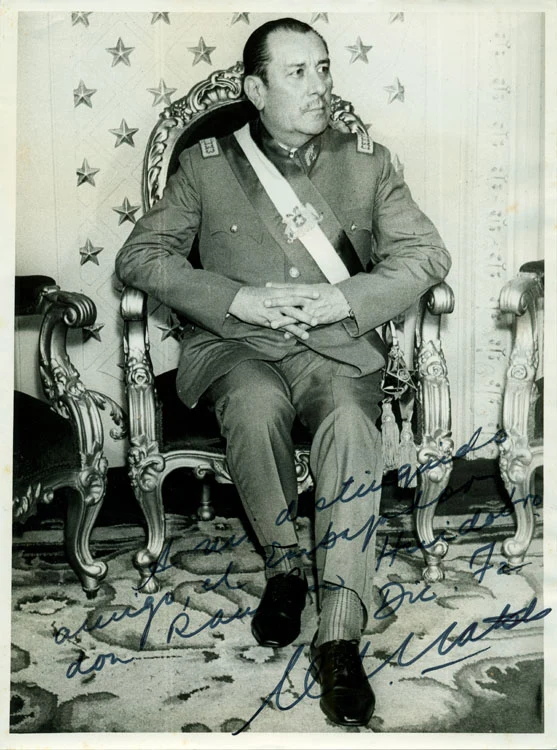
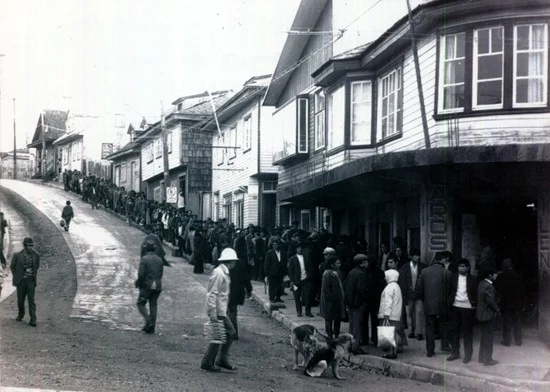
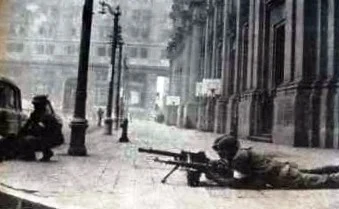
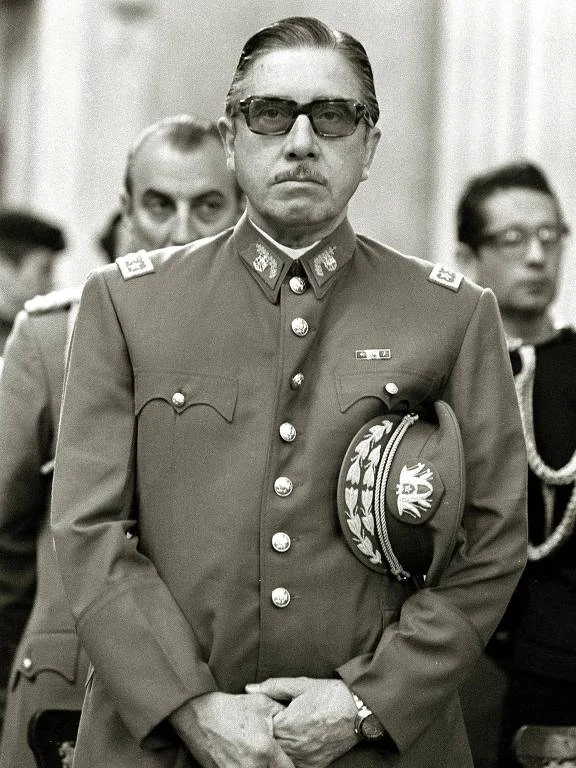
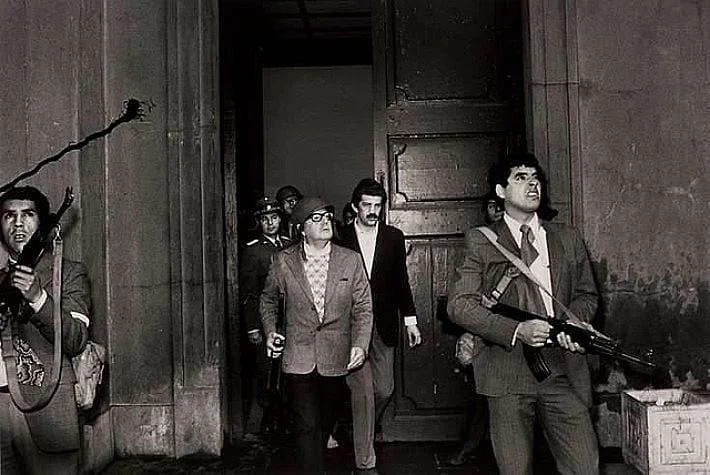
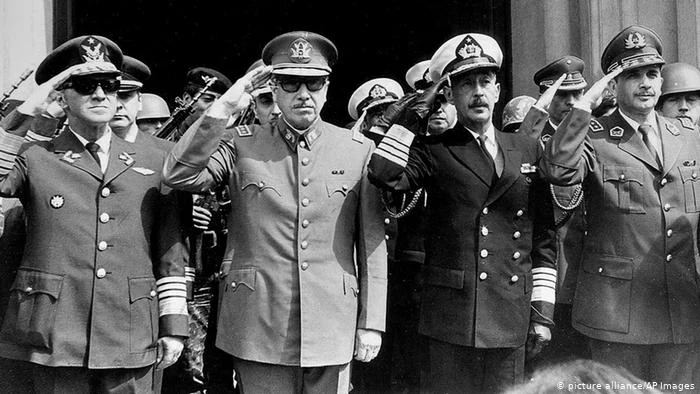
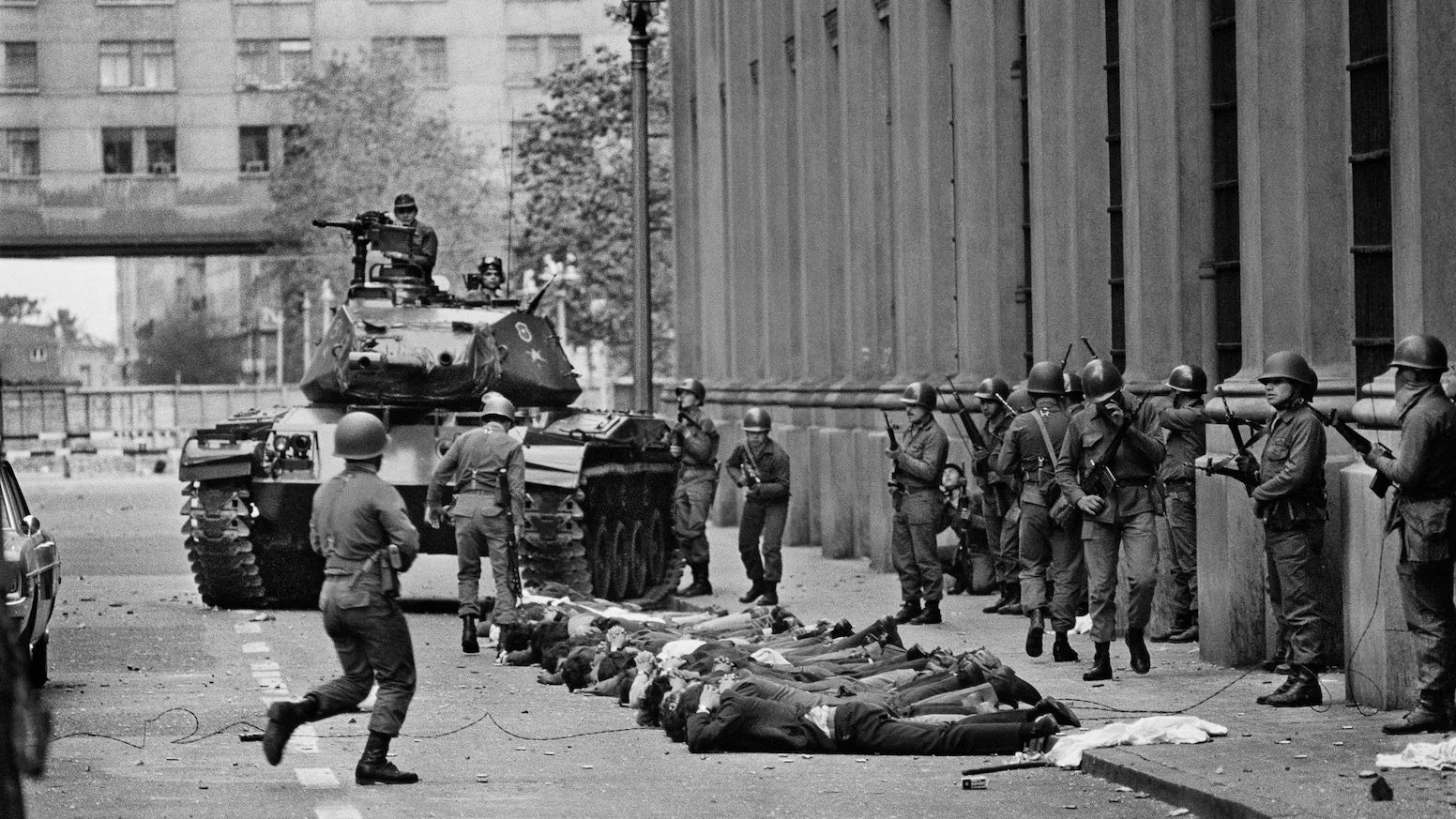
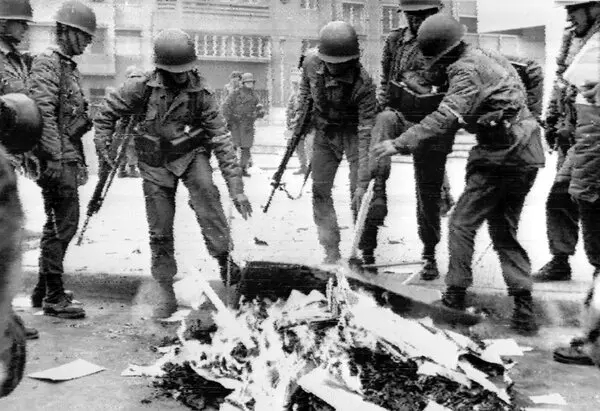
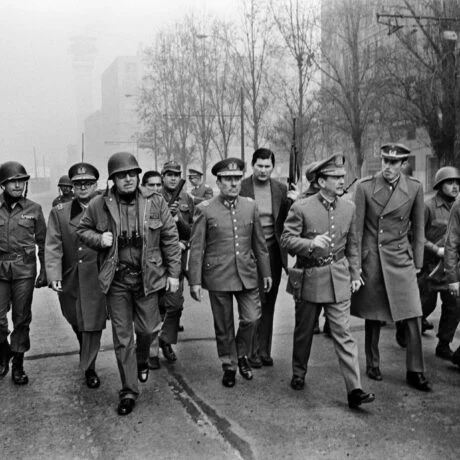
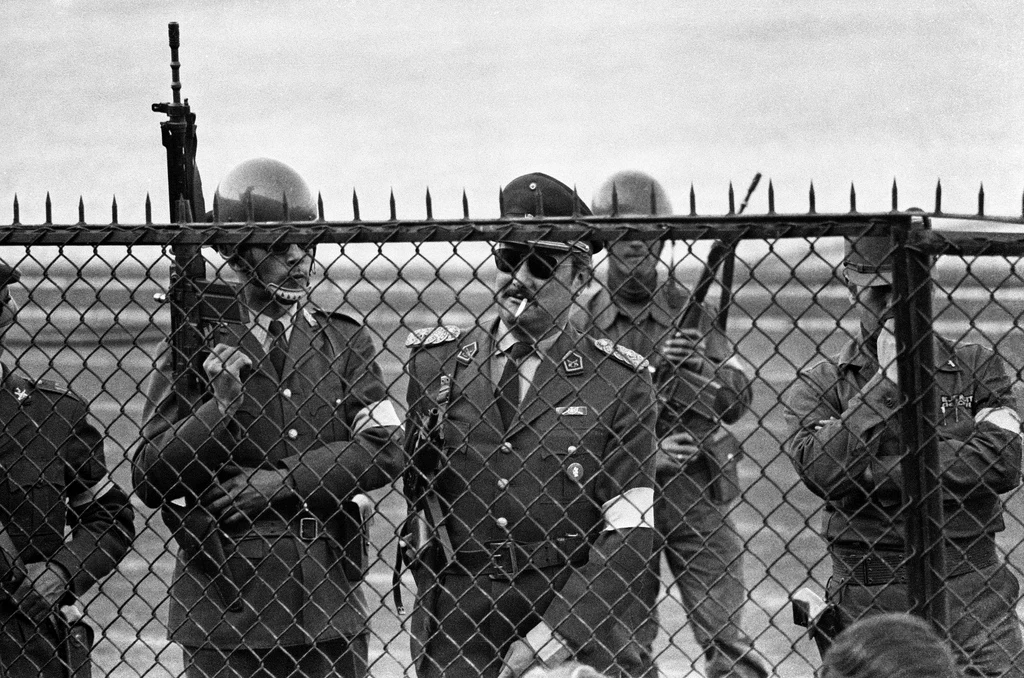

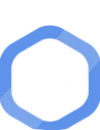
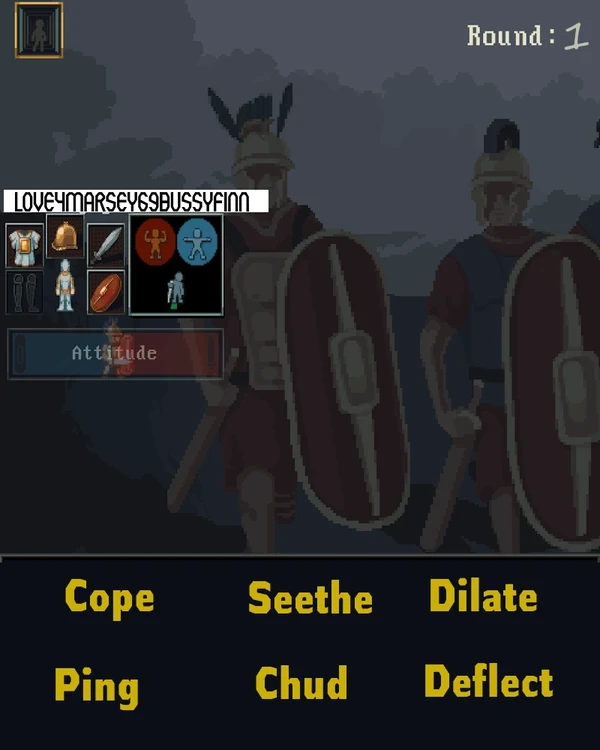
Jump in the discussion.
No email address required.
Couldn't get to this because I was really busy this week but this is exactly what I want to know. The perspective of somebody who actually knows wtf happened and doesn't treat you like pawns is what I've been waiting for.
I have a piece of paper where it says in big letters "WATCH ARGENTINIAN MOVIE" and below it now it's "THE CHILE POST". Should have taken about 20 seconds. Take the picture, plug the device into the computer, and bam. I spent like 20 minutes trying to get an image of this on to your screen but apparently this hard work. Frick this shit. I'd rather get sound drivers to work in DOS.
Also I was typing that Windows 10 managed to completely lock up to the point where you can't even move the cursor, which is definitely related to the phone. Frick you Bill Gates.
Jump in the discussion.
No email address required.
More options
Context